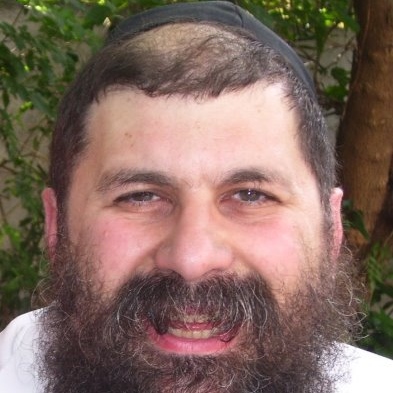
News

Winning the war, one candle at a time
RABBI YOSSI CHAIKIN
South African Chanukah parties are more likely to consist of freshly braaied boerewors served with cold beer, while enjoying the beautiful outdoors. That is, if we even manage to celebrate the holiday.
Most years, it falls in the middle of the long summer vacation, when we are away from friends and family and most definitely in the slow and lazy mode. And holiday season doesn’t just refer to the fact that many are off work, but also to the (decidedly non-Jewish) religious celebrations that most in this country observe at that time.
The atmosphere all around us, from the songs on the radio to the décor in the malls, isn’t supportive of or conducive to our own rituals and customs.
A few years ago, I was fortunate to spend Chanukah in the Holy Land. Landing on a Friday morning at Ben-Gurion Airport, we were delighted to be greeted by the El Al pilot and crew with the words “Shabbat shalom” and “Chanukah sameach”. The bakeries at the packed Machaneh Yehuda market in Jerusalem that afternoon were filled with dozens of varieties of freshly baked suvganiyot (translating it as simply doughnuts would not do justice). Throughout the eight days, holiday music and food filled the shopping centres and oversize menorahs were lit in every available public space. (And the weather was cool, the sun set early, although there was no snow.)
Celebrating in the diaspora has been difficult every year since…
It’s often said that all Jewish festivals can be summed up in three short phrases: they tried to kill us; we won; let’s eat. While this may define many of our observances, Chanukah doesn’t quite fit this mould.
The miracle of Chanukah isn’t that we survived an existential threat against our physical survival. Antiochus’ aim was not to exterminate the Jewish people. He wished to Hellenize us – to absorb us into the prevailing Greek culture and practice, dress and faith.
We could continue to be us if we would just be more like them. In other words, it wasn’t our bodies he was after, but our souls. Go ahead and light the menorah in your Holy Temple, they said. We will not destroy this symbol of light, but we will defile all the oil that you have prepared in utmost purity for this ritual. Shine on, but without adhering to a divine Torah and its dictates.
Latkes and doughnuts aside, the main way to observe the Festival of Lights is therefore not by feasting. It’s by commemorating the miracle of the oil, that one little surviving uncontaminated cruse that lasted eight days instead of one. The flames of the menorah, burning on against all odds, symbolise the eternal undefeated and undefeatable Jewish soul, referred by King Solomon in Proverbs (20:27) as “the candle of Hashem”.
Did we not win against the Syrian-Greek armies and rededicate the Holy Temple? Yes, we won that battle. Miraculously indeed – the few against the many. But we haven’t yet won the war. We still remain small in numbers, dwarfed by other cultures and religions. We pray every day for complete victory – the onset of the Messianic era – when knowledge of G-d will fill the entire world. Until then, we battle on.
This year, the timing of the festival is particularly challenging, as Chanukah is in the last week of December. It’s peak holiday season in every meaning of the word.
So here’s how to win the battle of 2019: don’t allow the many to dictate to the few. Make sure you have a menorah and candles available for the festival. If you are travelling, remember to pack them along with the sunscreen, hats, swimming costumes, and other holidaymakers’ essentials. If you are near a large, or even small, Jewish community, join in their celebrations. If not, gather friends and family, and celebrate on your own. And of course, feast. We always do…
Chanukah Sameach. One battle at a time, we will win this war.
- Rabbi Yossi Chaikin is the rabbi of Oxford Shul, and the chairperson of the South African Rabbinical Association.




